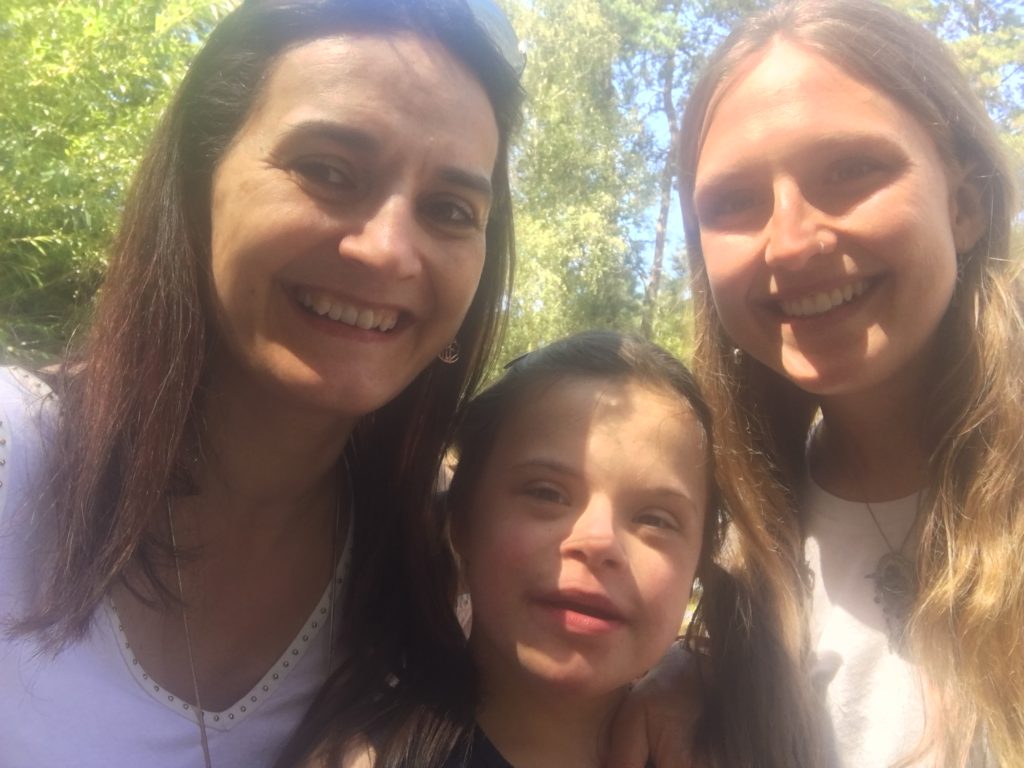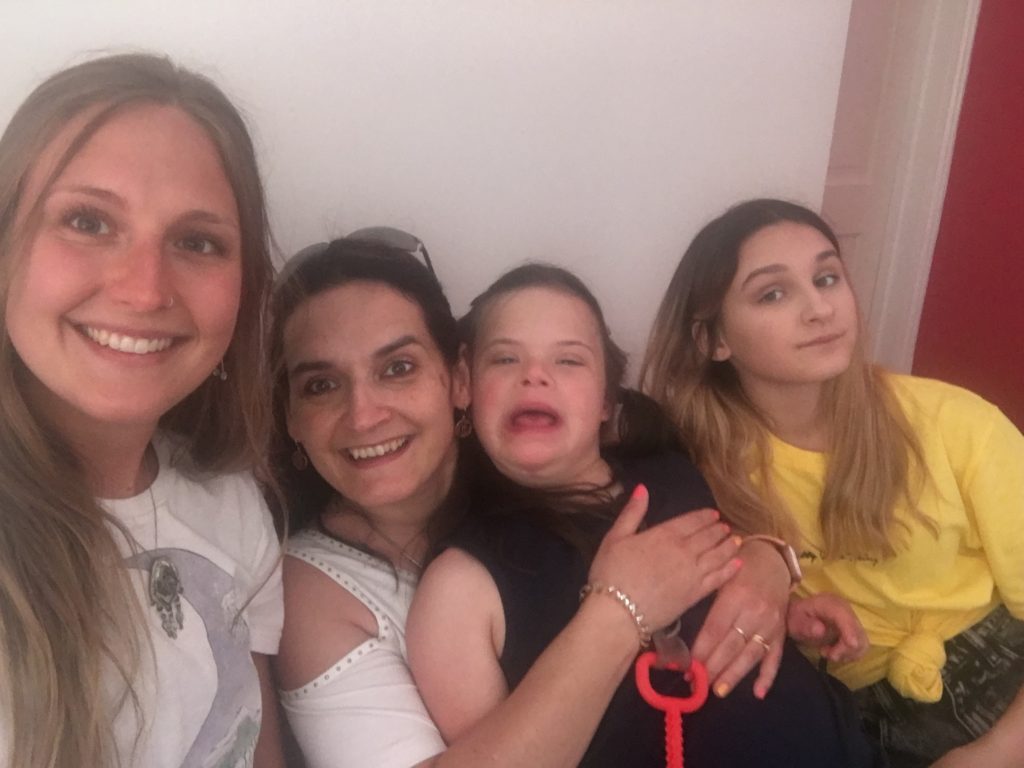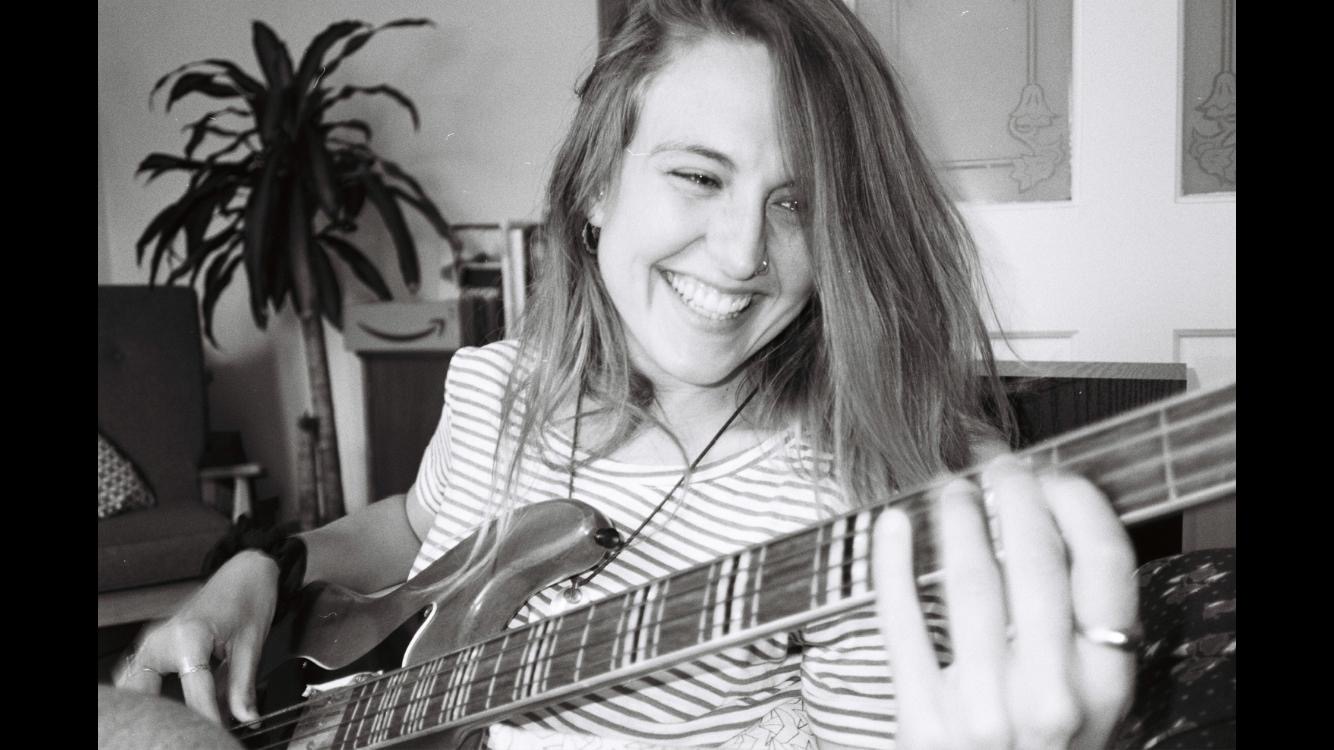I first became fascinated by the power of music during my second year at uni. My great-aunt suffered from a stroke and was left unable to talk properly. She found it really hard, as before she was quite the chatterbox! What was interesting was that although she couldn’t hold conversations, she could sing. A family friend started singing old war time songs with her and the lyrics my aunt was singing were flawless.
Fast forward a few years where I began working as a teaching assistant through an agency in London. I was sent to special needs schools across the capital to help teachers in class. I was amazed that a lot of the children’s learning was based around songs. The use of sound and music for transitions and helping to regulate mood was really inspiring. What wasn’t inspiring was in the music classes I assisted in and the lack of music making! I found children were either plonked in front of a screen to watch clips on you tube or other members of staff would basically play an instrument for the child. This upset me as I truly believe that every child has the right to music education.
I ended up covering a music class due to the teacher going on maternity leave. I began allowing children to explore instruments at their own pace and in their own way. I was soon to realise how much these children could do (regardless of their perceived abilities), but not only that, how the music when used in the right way was a tool for communication, expression, motivation and well-being.
That’s why I launched Music Over Matter. Whether you believe it or not we are all musical beings. Our speech uses a range of pitches and rhythms, we all have our own internal tempo in our heart beat, even the way we all walk is rhythmical. I found music (and by music I mean more of a sound exploration rather than more conventional ways) to put myself and children with additional needs on an equal level. All children can do something musical, be it the rhythm of their breathing or intentional/habitual sounds and movements, or maybe they have much more advanced ways of engaging with an instrument or their voice.
I have noticed this with Miki. The music shows me how aware she is of what is going on. Often stopping and looking over if the music stops, allowing me to join her world and share an instrument or she joins my world by sitting calmly and listening to, sharing and exploring my guitar with me. Using music also helps me to identify her needs, she can make clear choices of instruments she wants to play and also tell me when she has had enough. Miki often dances along to music too and this brings out the most beautiful smile on her face. It is something she enjoys and something she can enjoy independently or with others. I have also seen how it brings her mum and sister together.
Music really is for all and should be a treasured subject within the education system and as a therapeutic tool.




0 Comments